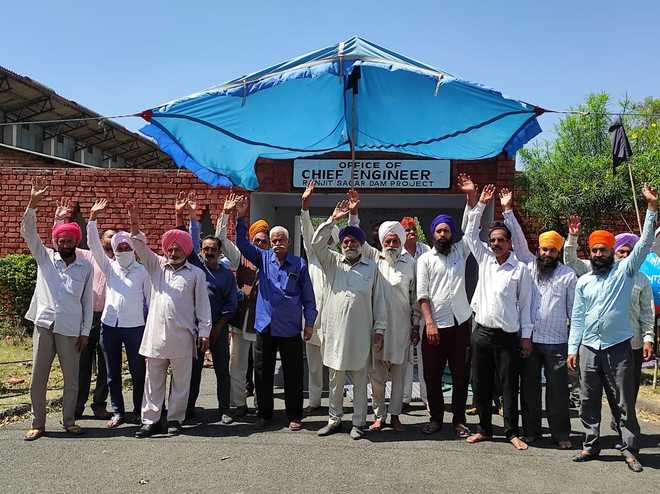

In fact, we could easily imagine Sam responding along the lines of “well, that might be, Mister Frodo, sir, but I don’t think that sword was for cutting potatoes, so if he wanted peace or no I’m just as glad he didn’t find us before that arrow found him.” It isn’t much of a stretch to imagine that Sauron has asked his Haradrim allies to be on the lookout for halflings, and Sam, being protective of Frodo, would have guessed this. At this point in the story, Frodo is so deep in his struggle with the Ring, and is such a generally philosophic soul to begin with, that if he were to muse on the humanity of an enemy soldier it likely wouldn’t land with the audience. It’s important here, I think, that this reflection comes from Sam and not Frodo. He wondered what the man’s name was and where he came from and if he was really evil of heart, or what lies or threats had led him on the long march from his home and if he would not really rather have stayed there in peace.” (646) He was glad that he could not see the dead face. As the passage continues, Sam briefly reflects on the dead man: No slain rider of Rohan or soldier of Gondor has such a description certainly no Orc does.
#Two towers sparknotes skin#
We know the color of his skin and hair, the details of his arms and armor, the manner of his death. Observe the level of detail with which Tolkien describes this nameless dead Haradrim soldier.

His brown hand still clutched the hilt of a broken sword. His scarlet robes were tattered, his corslet of overlapping brazen plates was rent and hewn, his black plaits of hair braided with gold were drenched with blood. He came to rest in the fern a few feet away, face downward, green arrow-feathers sticking from his neck below a golden collar. Then suddenly straight over the rim of their sheltering bank, a man fell, crashing through the slender trees, nearly on top of them. Shortly thereafter, however, Tolkien elects to bring one of the men of Harad directly onto the page: In Gollum’s case, his remarks about the Easterlings and Southrons must be filtered through his paranoia, while Damrod’s must be understood in his context as the soldier of a declining kingdom under attack. It seems that the relationship between Gondor and Harad is not one of straightforward, eternal enmity.Īs with Gollum, however, Damrod’s dialog is the remark of one character in the story about another, rather than a direct sensory observation of that other character. Indeed, Damrod even remarks that “there were dealings of old between Gondor and the kingdoms of the Harad in the Far South though there was never friendship” (645). Certainly this is a long way from the harshest words that soldiers have ever had for their enemies. He and his colleague both “curse” the “Men of Harad,” and claim that they were “ever ready to do will” (645). Nor, too, is the next commentator on the East and South: Damrod, one of the soldiers left by Faramir to watch Frodo and Sam. Gollum refers to anyone he doesn’t care for as cruel and wicked he isn’t exactly a nuanced observo. He calls them “fierce,” “not nice,” and “very cruel,” all of which we would expect him to say about soldiers or anyone else who might theoretically harm him (631). We had a glimpse of Easterlings and Southrons in the previous chapter, although we got little more than Gollum’s grumbling description of them. Bill Ferny in Bree would certainly count, as would the Dunlendings who participated in the attack on Helm’s Deep. These are not the first evil Men that we have met. His depiction of them, however, is anything but simple. Against that simplicity, Tolkien offers us our first close glimpse of the men of the East and South, enemies of Gondor and servants of Sauron.

The overwhelming majority of the chapter is concerned with the preparation and eating of a simple but hearty meal amid trying circumstances, a stark example of Tolkien’s emphasis on the small and the good against the grand and the epic. His cook-fire attracts the attention of Men fortunately, they are men of Gondor, and so Boromir’s brother Faramir enters the story.

The hobbits have made their way to a fairer land than the wastes north of Mordor, and Sam elects to cook them a hot meal. “Of Herbs and Stewed Rabbit” is a chapter that concerns itself with, among other things, herbs and stewed rabbit.


 0 kommentar(er)
0 kommentar(er)
